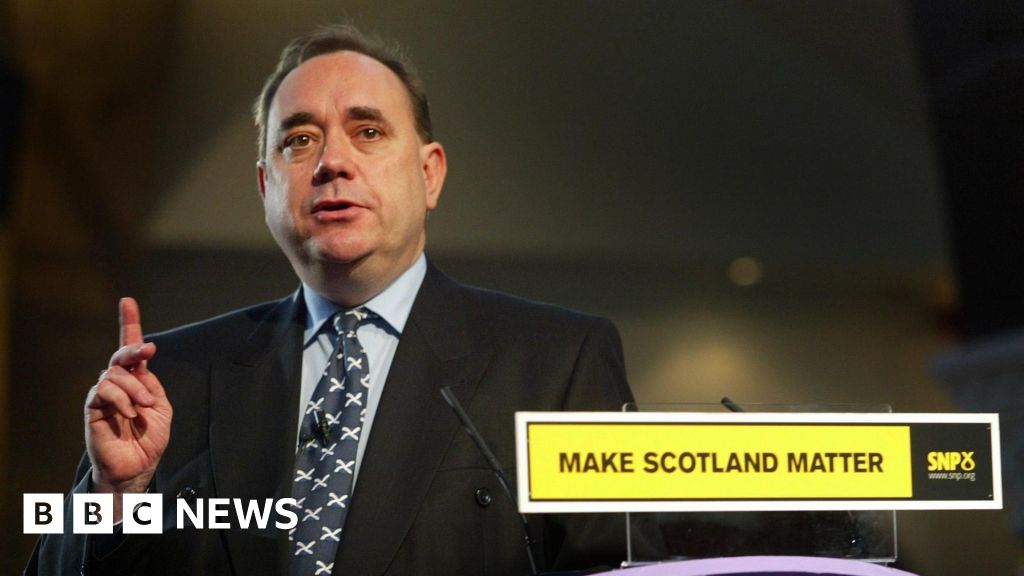Chris Mason: Alex Salmond was a man of consequence - 2 minutes read

Alex Salmond was a man of consequence.
When you walk up the stairwell at Bute House, the official residence of Scotland’s first minister in Edinburgh, looking back at you are each of the occupiers of that office over the last quarter of a century or so.
Whenever I climb those stairs and cast my eye over those portraits, it is impossible to be in any doubt as to who was the most consequential.
Mr Salmond’s political influence extended within and, yes, beyond Scotland, for no one in the last half century has come as close as he did to remoulding, resetting the boundaries and borders of these islands, to redrawing the map of the UK.
For all the arguments of our politics, there is perhaps none more fundamental than where the frontiers of the state lie, and Mr Salmond personified a movement that came closer to shifting them than any other in the modern era.
A lifelong personal zeal for Scottish independence energised his mission to shift his cause from a sidebar to the mainstream, and to within a whisker of it actually happening.
He never managed it — “the dream shall never die” he said after defeat in the referendum in 2014.
His very public fallout with his successor as first minister Nicola Sturgeon is well documented. He was also cleared of sexually assaulting a number of women after a high profile trial.
His dream for Scottish independence remains unfulfilled, but its pursuit reshapes Scottish politics to this day.
It is a nation, a polity recast in his time and split pretty much down the middle on its constitutional future.
Mr Salmond’s role in shaping that future cannot be underestimated.
He was a primary colours politician — waspish, pugnacious, unrelenting, engaging — and at once complicated and undoubtedly controversial, in his politics and his personal conduct.
But he was, above all, a man of consequence.
Source: BBC News
Powered by NewsAPI.org